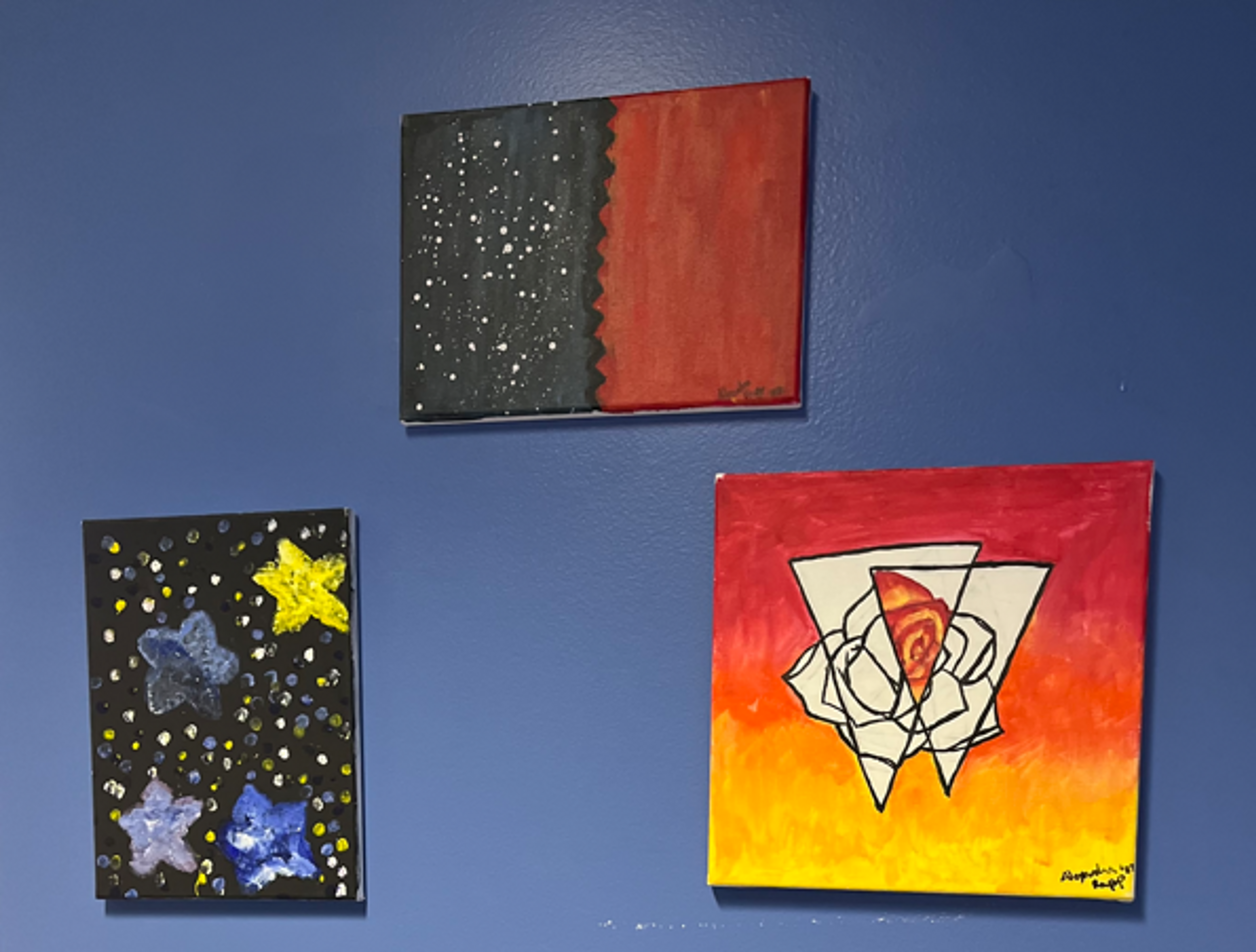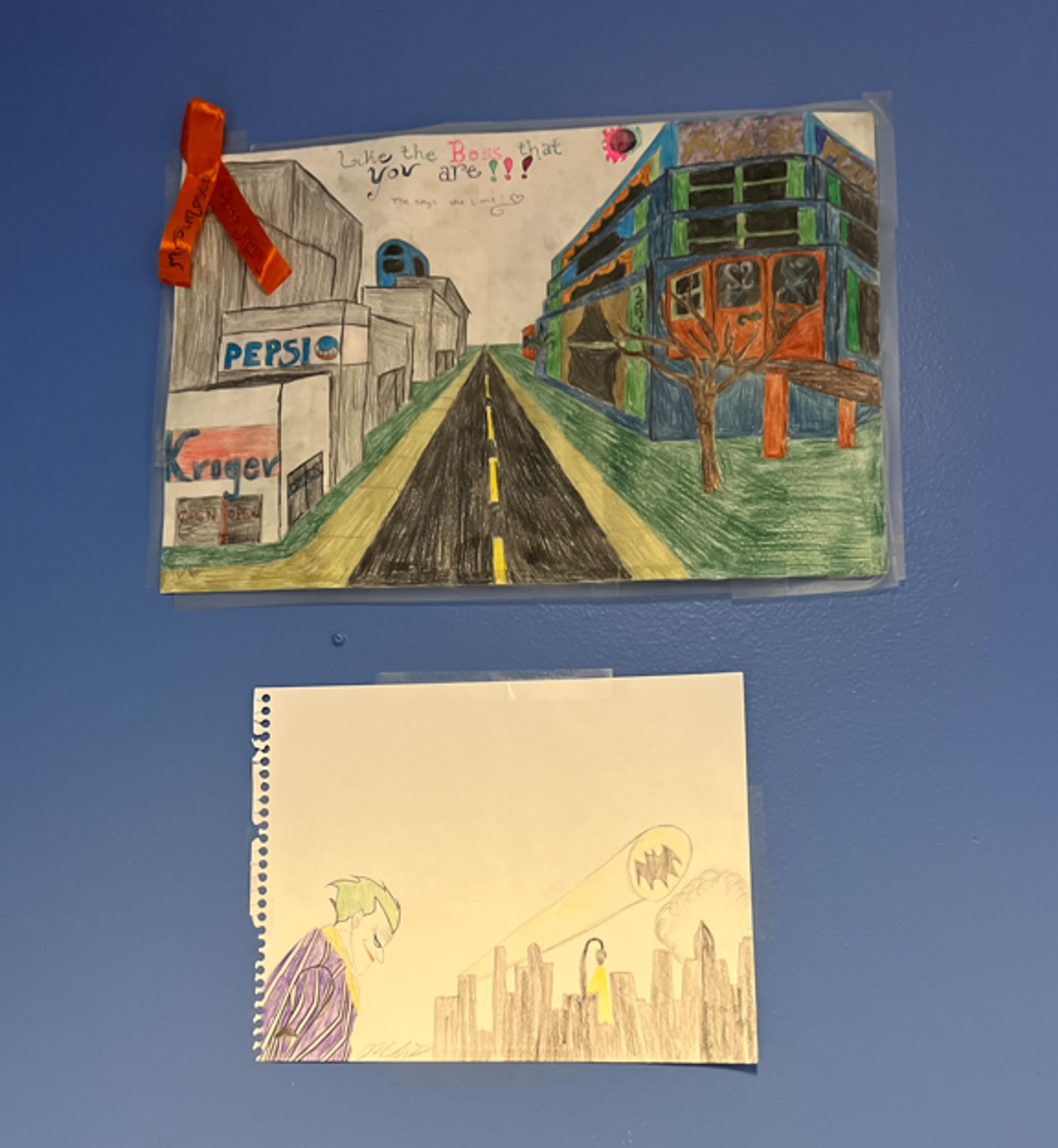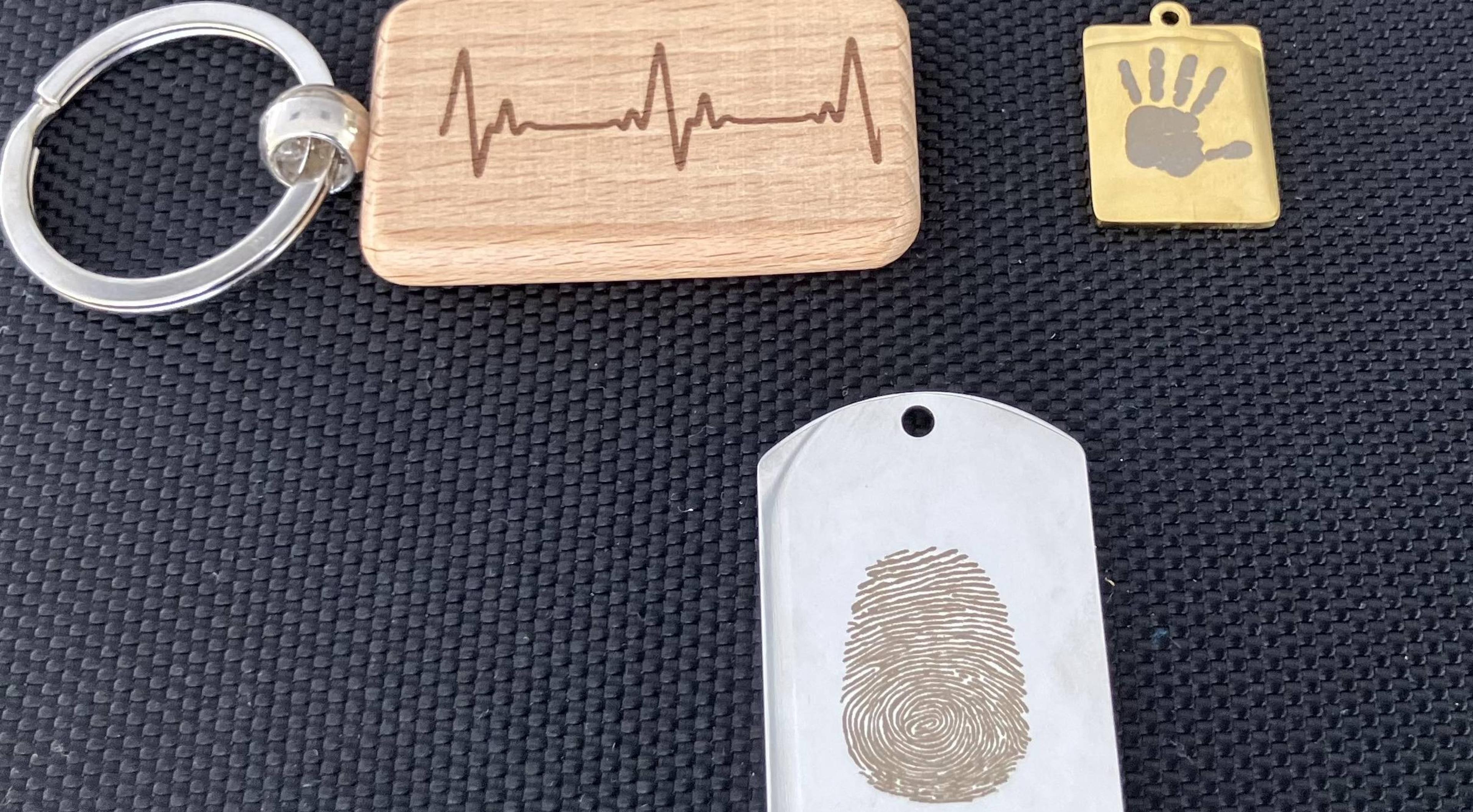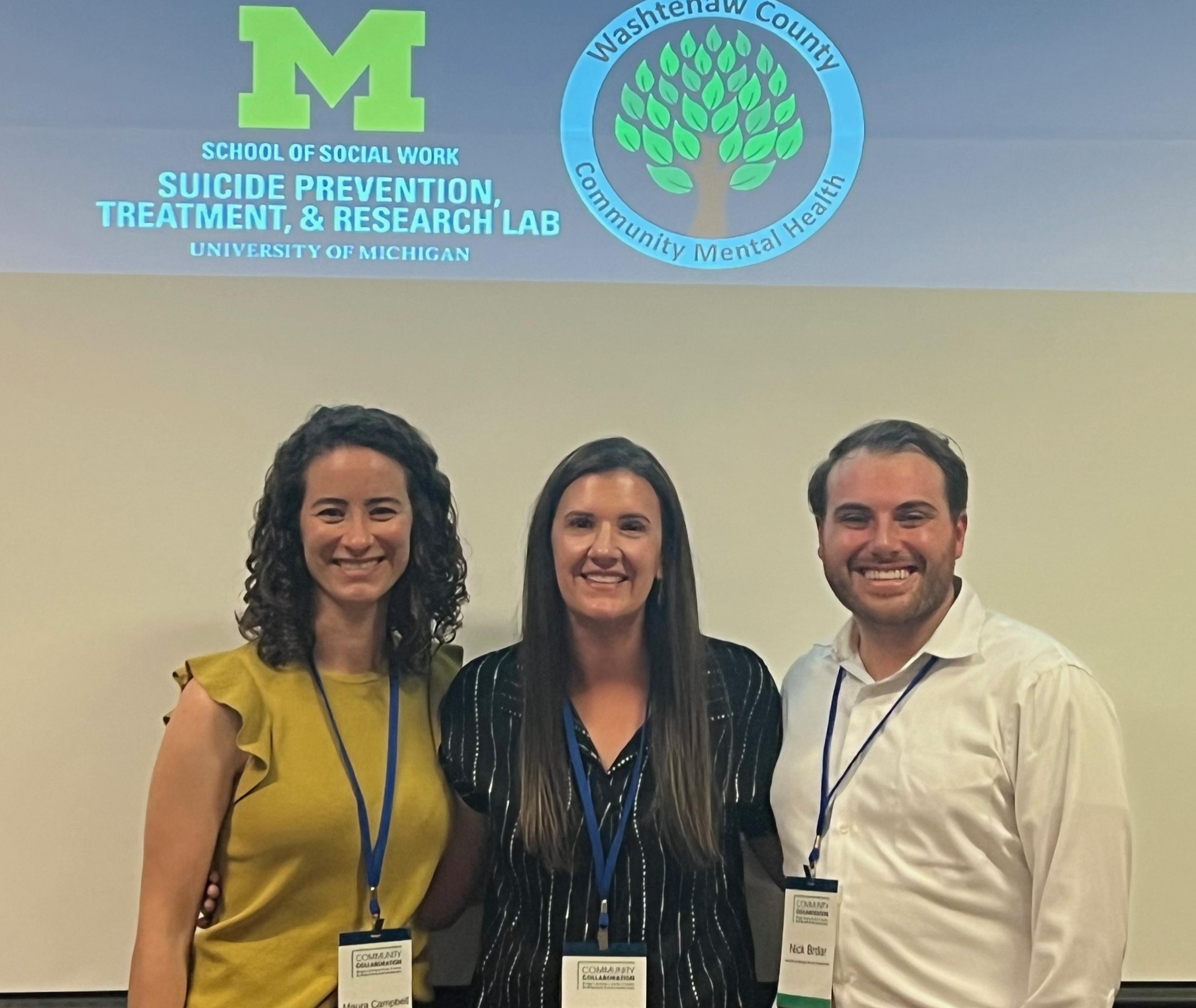Covenant House Michigan Supports At-Risk Youth in Detroit Through House of Hope Program

Jake Newby
| 5 min read
Jake Newby is a brand journalist for Blue Cross Blue Shield of Michigan.

Young adults in Detroit struggling with untreated, co-occurring disorders and homelessness also struggle to find a support system. Covenant House of Michigan estimates that approximately 60% of youth who enter their program suffer from untreated, co-occurring disorders.
Covenant House Michigan’s “House of Hope” program has made tremendous strides over the last two years in filling that support system void for youth with nowhere else to turn.
“What we are doing is providing services to young people who have co-occurring disorders. They have mental health diagnoses and there’s some substance use, as well,” said Covenant House Michigan (CHM) Associate Executive Director Cynthia Adams. “A lot of times these people end up self-medicating instead of going with their counseling recommendations or taking their prescribed medication. They use illegal substances to help cope with their trauma and mental health disorders.”
CHM opened House of Hope in 2019 to provide easily accessible, intensive and targeted services, resources, and consistent support to homeless, runaway, and at-risk youth aged 18 to 24.

Blue Cross Blue Shield of Michigan (BCBSM) Foundation helped CHM take House of Hope to new heights in 2021 with a $40,000 Community Health Matching Grant. CHM used these funds to teach life skills and bolster services such as mental health therapy, occupational therapy, and educational and vocational programs. House of Hope has also worked hard to destigmatize co-occurring disorders while helping young people who suffer from them become self-sufficient.
“We want to make sure that they understand the diagnoses and understand that it’s a lifelong diagnosis – it’s not something that will go away,” Adams explained. “Through House of Hope, we try to get them to advocate for themselves when they go in for services with a psychiatrist or a counselor.”
People who have substance use disorders as well as mental health disorders are diagnosed as having co-occurring disorders.
“One of the things we do is have them look up this information as well. We try to educate them,” Adams said. “So, it’s not just staff and volunteers trying to teach them about co-occurring disorders in a classroom setting. We actually put them in front of a computer and give them specific assignments and give them puzzles. We have them read information and fill out the puzzles or fill in the blanks to make a timed game out of it. We’re always trying to think of creative ways to get them to address their co-occurring disorder.”
The BCBSM Foundation grant also helped CHM fund therapy forms rooted in creativity.

“We had an art therapist that we hired who comes in and does art therapy with the young people,” Adams said. “And it’s not just drawing, it may be clay modeling or charcoal coloring. One of the things we discovered is we have some very creative young people who express themselves through art.”
Perhaps no allocation of BCBSM Foundation funds has brought more joy to the youth at House of Hope than Rosie, a Newfoundland dog that visits the house every so often as part of CHM’s newly developed pet therapy program.
“Rosie with her gentle nature, (the youth) gets to talk to her owner about what she eats, how often she should be walked and how often she should be groomed, and those type of things,” Adams said. “They’ve really taken a liking to that dog.”
Adams shared a story about a young man at House of Hope who rarely smiled or made eye contact with others. One day, Adams said, Rosie walked up to the man, jumped on him, and put her paws on his shoulders as if to hug him.

“That young person came alive,” Adams said. “He intentionally seeks out that dog when the dog comes on campus. Sometimes he’s only there for 5 or 10 minutes just to pet the dog, sometimes he’ll want to have extended contact with Rosie. But he’s a different person than he was when he first came in. So, the pet therapy program has been very advantageous to our young people.”
Adams described many of the youth that entered House of Hope prior to the BCBSM Foundation grant as isolative when they first arrived. They were standoffish and hesitant to participate in programs and activities, behavior she partly attributed to COVID-19. But in the last year and a half, she said the difference in behavior has been palpable.
“I see a difference in those who attend regularly. They are more verbal and more vocal,” Adams said. “One of the things we have found is that when we isolate them from the regular group, and staff can talk to them in small or one-on-one settings, they talk about things that concern them about their diagnosis. Offering that individual attention is something that we learned and that we will continue to implement.”
The benefit of one-on-one attention is one of the many discoveries House of Hope made while implementing the Community Health Matching Grant.
“The grant has helped us go beyond what we would normally do,” Adams said. “We’ve tried to make the most of the money that was awarded to us, and we’re definitely seeing the positive results in our young people.”
“Community organizations like Covenant House are well positioned to improve the health and well-being of their clients creatively and effectively. Partnering with organizations to improve health is the cornerstone of the BCBSM Foundation, said Kelly Brittain, the senior program officer of the BCBSM Foundation.
The Community Health Matching Grant Program supports nonprofit community organizations in Michigan to address critical issues that affect the health of Michigan residents. Potential grantees can learn more about eligibility and how to apply by visiting bcbsm.com/foundation.
Photo Credit: Cynthia Adams
More Foundation stories:





